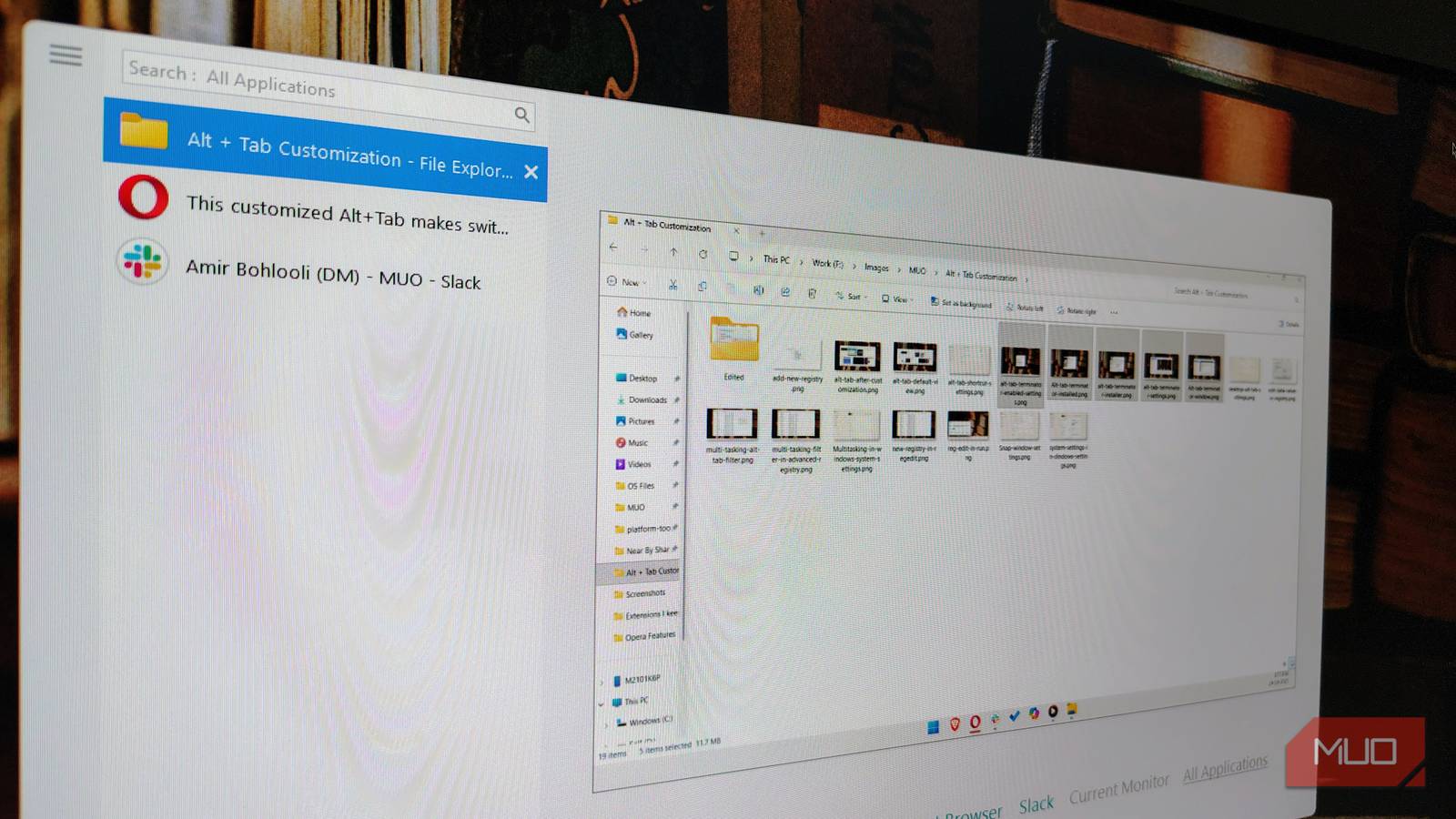9to5Mac Security Bite is exclusively brought to you by Mosyle, the only Apple Unified Platform. Making Apple devices work-ready and enterprise-safe is all we do. Our unique integrated approach to management and security combines state-of-the-art Apple-specific security solutions for fully automated Hardening & Compliance, Next Generation EDR, AI-powered Zero Trust, and exclusive Privilege Management with the most powerful and modern Apple MDM on the market. The result is a totally automated Apple Unified Platform currently trusted by over 45,000 organizations to make millions of Apple devices work-ready with no effort and at an affordable cost. Request your EXTENDED TRIAL today and understand why Mosyle is everything you need to work with Apple.
When Apple dropped App Tracking Transparency (ATT) prompts in iOS 14.5 back in 2021, it was a watershed moment for user privacy within third-party applications. Nothing like it had existed prior. The initiative gave iPhone users control over whether their in-app data could be aggregated and shared with third parties for advertising or other various purposes.
Still, today, I often find comments online from people who don’t really know what it does and find the wording very taboo. Like, why “Ask” the app? And is it still effective? Let’s briefly look at App Tracking Transparency in 2025…
How it works
If you’re unfamiliar, as part of the ATT framework, Apple requires developers to get your permission before sharing your data. By now, we’ve all seen the popups. After downloading a new app, you’ll often see a pop-up asking “Allow [name of the app] to track your activity across other companies’ apps and websites?”
Your two options: “Allow” or “Ask App Not to Track”
Hitting “Allow” gives the app explicit permission to collect your age, gender, location, usage patterns, purchases, browsing habits, which ads you clicked, and more. This is data gold to brokers looking to build a profile on you for targeted ads.
Meanwhile, selecting “Ask App Not to Track” blocks the app from accessing your IDFA. This is a unique code assigned to every iOS device by Apple that enables companies to tie together all your behavioral data across different apps. Without it, advertisers can’t connect your shopping activity to your social media habits, etc. This option blocks access at the system API level too, so there’s no way for companies to circumvent it.
That said, developers could still track you using your IP address, phone number, or email if you provided in the app. This is why Apple words the latter option with “Ask” instead of an explicit “Deny.” It’s honest about what it could technically enforce. Apple cannot know for sure if developers are using other means to track you.
Is it still effective?
Well, yes and no. Tracking has dropped dramatically. Before the feature launched, about 73% of US users were trackable by advertisers. Now that number is around 18%. Companies like Meta, aka the Internet’s data-collecting mothership with a fleet of low-orbiting ion canons that are Instagram, Facebook, Messenger, and WhatsApp, got hit hard, losing an estimated $12.8 billion in just 2022 alone.
But of course, advertisers aren’t going to give up on the most lucrative mobile platform in the world. They just needed to get creative. And thus, device fingerprinting exploded on mobile. It was always a secondary, more underground, data collection technique compared to IDFA.
Now it’s the most widely used and collects details like your screen size, OS version, time zone, and probably more. Apps have also switched to contextual advertising, tracking what you do inside their app rather than across apps.
Overall, both are less desirable than obtaining a user’s IDFA, but this data still sells to ad networks for big bucks.
So, while App Tracking Transparency has indeed worked since its inception by cutting cross-app tracking in half, it’s not the end of tracking entirely. It’s just made it harder and more expensive for advertisers, which is arguably what Apple intended.
More in security
Follow Arin: X, LinkedIn, Threads
FTC: We use income earning auto affiliate links. More.




